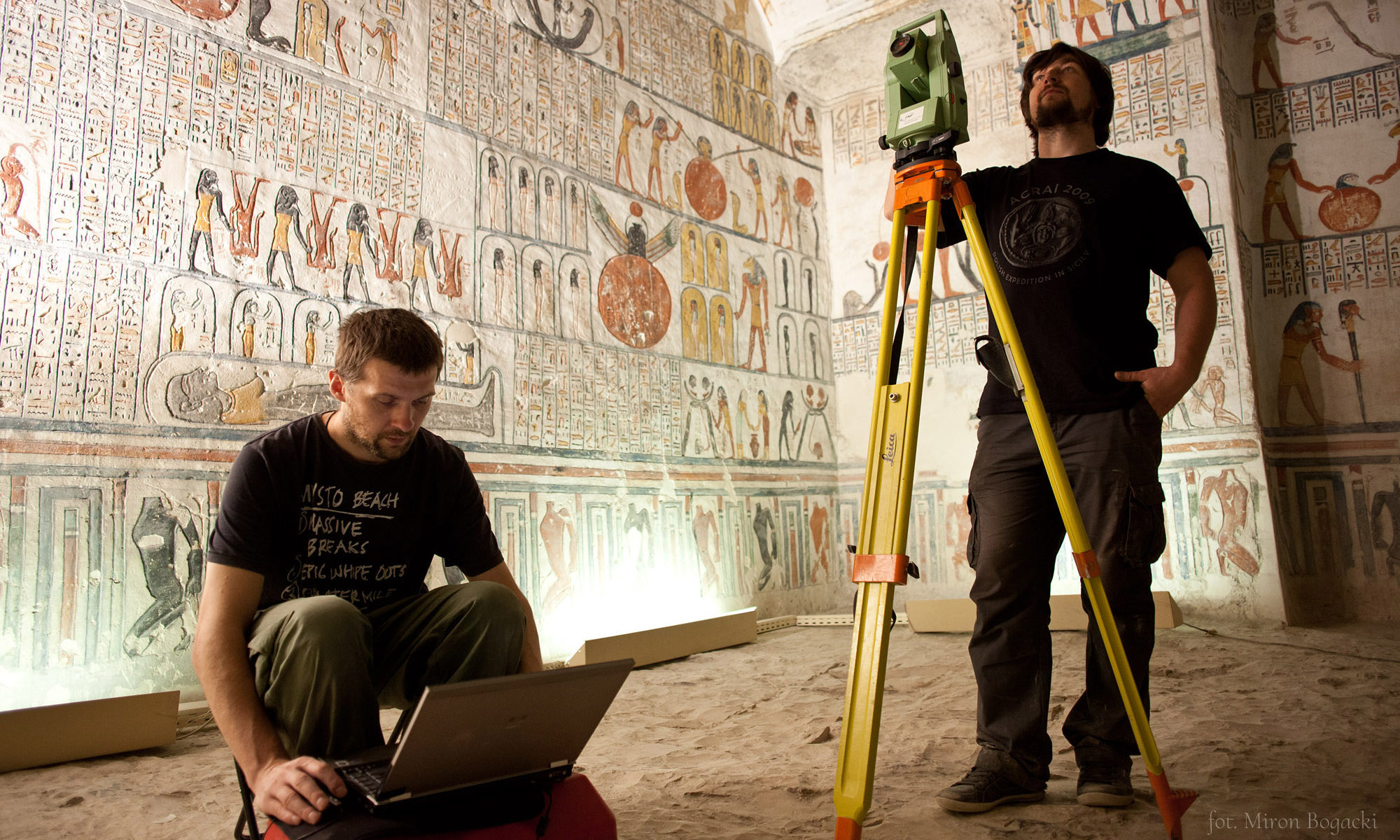
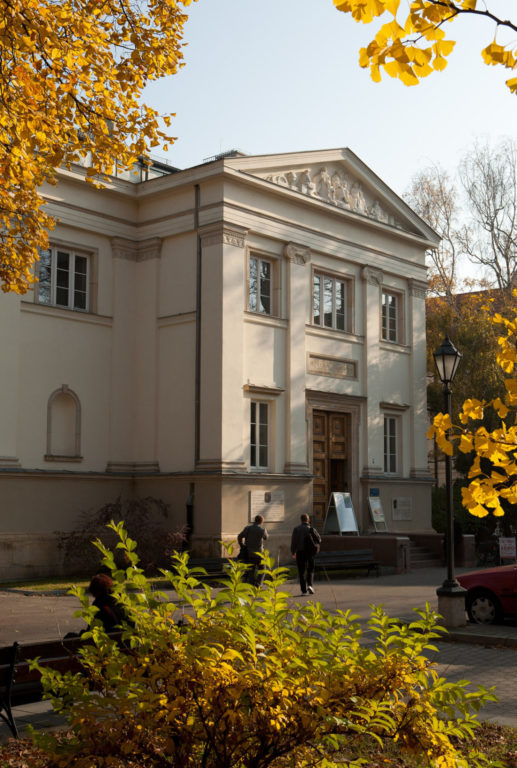
„Interdisciplinary Studies on Cultural Landscape of South–Eastern Sicily”
9.00-9.10 Session opening
9.10 – 9.30 Fituła Marta (University of Warsaw, Poland), Environment and Neolithic Strategies in the south-eastern Sicily
9.30-9.50 Paolo Sferrazza, Erica Platania (University of Catania, Italy), Butchery and consumption in Calicantone’s ritual hut: how activities shape the perception of a landscape?
9.50-10.10 Militello Pietro, Massimo Frasca (University of Catania, Italy), Leontini. Paesaggio e fortificazioni di età greca
10.10-10.30 Mario Rempe (Georg-August-Universität Göttingen, Germany) Landscape and Environment in ancient Kamarina. Perspectives from archaeological and paleoenvironmental Research
10.30-10.50 Angelo Castrorao Barba (Laboratorio de Arqueología y Arquitectura de la Ciudad, Granda, Spain) Landscape Trajectories and an Early Medieval Settlement in central-western Sicily: the Case of Contrada Castro (Corleone, Palermo)
10.50-11.10 Discussion and coffee break
11.10-11.30 Cacciaguerra Giuseppe (Institute for Archaeological and Monumental Heritage, Italy) Rock-Cut Landscapes in south-eastern Sicily. A Multidisciplinary Approach from Survey to Archaeological Interpretation
11.30-11.50 Fiorentino Girolamo, Stella Matilde (University of Salento, Lecce, Italy) Archaeobotanical Analyses in Sicily between 4th c. BC and 14th c. AD:Anthropic Impact, Agronomic System and Human Diet
11.50-12.10 Francesca Buscemi, Graziana D’Agostino (CNR-IBAM Istituto per i Beni Archeologici e Monumentali, Catania, Italy) Digital Technology, Structural Behavior and its Cultural Meaning in the Byzantine/Early Medieval Architecture of south-eastern Sicily
12.10-12.30 Germana Barone, Paolo Mazzoleni (University of Catania, Italy), Grazia Spagnolo (University of Messina, Italy), South-eastern Sicily Ceramic Production: an example of Multidisciplinary Study
12.30-12.50 Marcin Matera (University of Warsaw, Poland), Transport Amphoras from Akrai against a Wider Background
12.50 Discussion
13.00-15.00 Lunch break
15.00-15.20 Chrzanovski Laurent (Universities of Sibiu, Romania, and Lyon II, France), Lychnological Sisters: south-eastern Sicily and northern Tunisia during the Roman Imperial Period and Beyond (late 1st to late 6th c. AD)
15.20-15.40 Dr Paolo Daniele Scirpo (National & Kapodistrian University of Athens, Greece), Birth, Development, Disintegration and Conservation of an Archaeological Collection: the Case of Judica Collection at Palazzolo Acreide (Syracuse)
15.40-16.00 Maria Musumeci (Soprintendenza BB.CC.AA. Siracusa, Italy) Attività e ricerche di Paolo Orsi a Palazzolo Acreide
16.00-16.20 Tomasz Więcek (University of Warsaw, Poland), The coin of Akrai. L’estate
16.20-16.40 Roksana Chowaniec (University of Warsaw, Poland), Archaeological Landscape of Ancient Akrai, south-eastern Sicily
16.40 Discussion
• Abstract Structure:
-
- Important note:
-
- Important documents:
- This panel is organized with support of the National Science Centre, within the project entitled “On the borders of Syracuse. Multidisciplinary studies of the ancient town Akrai/Acrae, south-eastern Sicily, Italy” (no. 2016/21/B/HS3/00026)

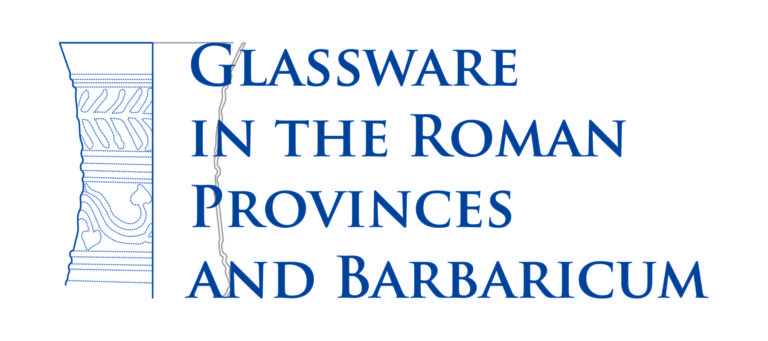
Dear Colleagues,
The academic year 2019/2020 the University of Warsaw is celebrating the 100th anniversary of Archaeology at the University.
A part of this celebration is an International Jubilee Conference „Przeszłość ma przyszłość!/ The Past Has a Future!”, which will take place on December 8-13, 2019 at the Institute of Archaeology, University of Warsaw.
One of sessions of the Conference is dedicated to the antique glass titled “Glassware in the Roman Provinces and Barbaricum” and will be held on December 12, 2019 (Thursday).
On behalf of the Organizing Committee we would have honour and pleasure to invite You to participate in this international session on the Roman glass found by archaeologists or produced in Roman Provinces or Barbaricum.
We shall be extremely glad for contacting us under e-mail address: glass.archaeology100uw@gmail.com
We remain at your disposal for any further questions you might have.
the Organizing Committee
Marcin Wagner, Aleksandra Chołuj
Important information:
Proposals of papers should be submitted by the end of July, 2019 by e-mail to glass.archaeology100uw@gmail.com
In the attachment (below) you will find an application form that should be sent back no later than 31st of August, 2019 on e-mail to glass.archaeology100uw@gmail.com
We welcome presentations (up to 20 min.), followed by 5 minutes discussion.
The language of the conference is English.
There is NO conference fee planned.
The organisers will cover the accommodation cost during the session in one of the hotels in the vicinity of the University. The organizers will make reservations for guests after establishing the session program.
Full versions of the papers for the planned publication of the conference proceedings should be submitted to the organizers during the glass session.
Contact information:
Institute of Archaeology University of Warsaw
Krakowskie Przedmieście 26/28
00-927 Warsaw, Poland
e-mail: glass.archaeology100uw@gmail.com
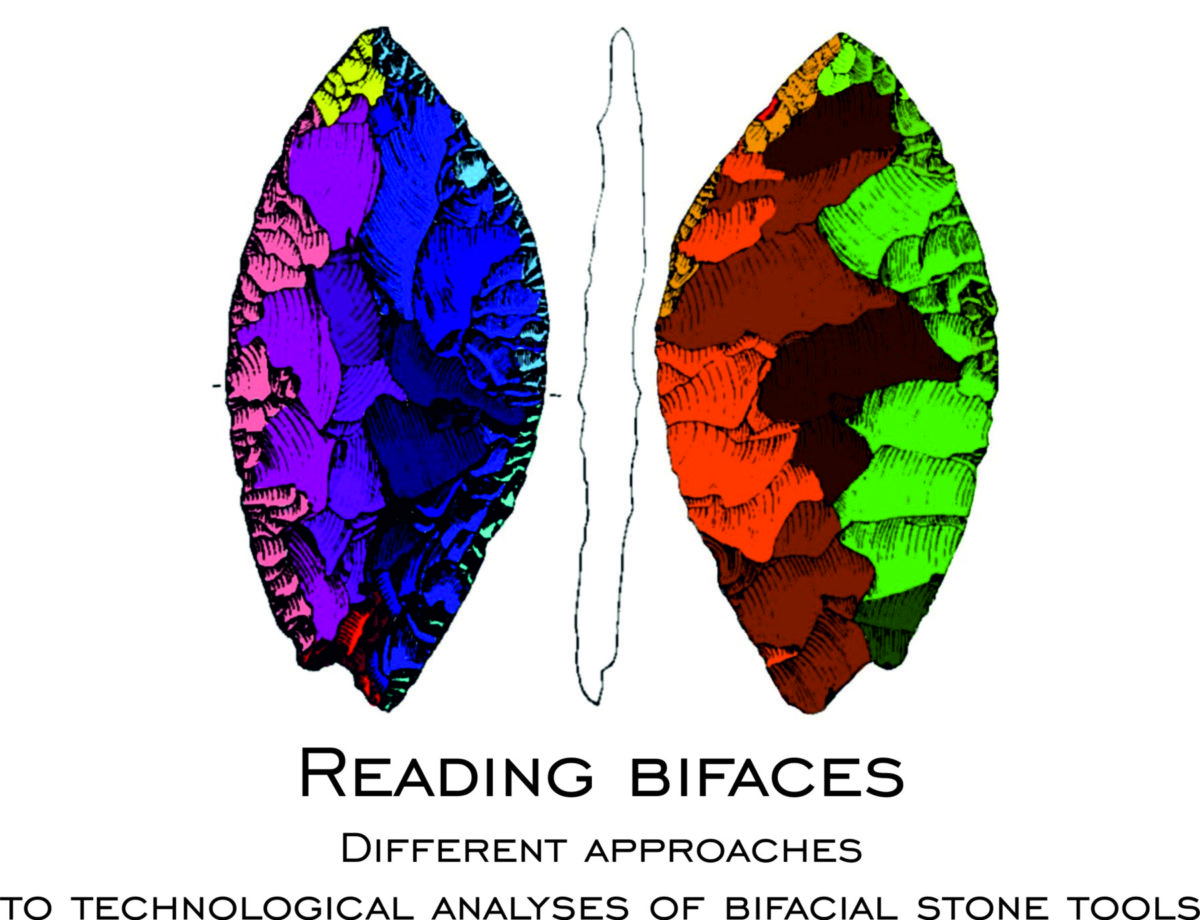
Dear Colleagues,
We invite you to participate in the International Session: Reading bifaces. Different approaches to technological analyses of bifacial tools
to be held in Warsaw, Poland from 11 to 13 December 2019. The session is a part of the International Conference “The Past Has a Future!”
celebrating the 100 years of archaeology at the University of Warsaw.
To register please complete the registration form and send it back on readingbifaces@gmail.com no later than 30th of September 2019.
We welcome presentations (up to 15 min.) The language of the conference is English.
All information about the conference will be sent in the 2nd Circular. Please note that there is no conference fee. The organizers cover the accommodation cost of the participants and catering during the conference.”
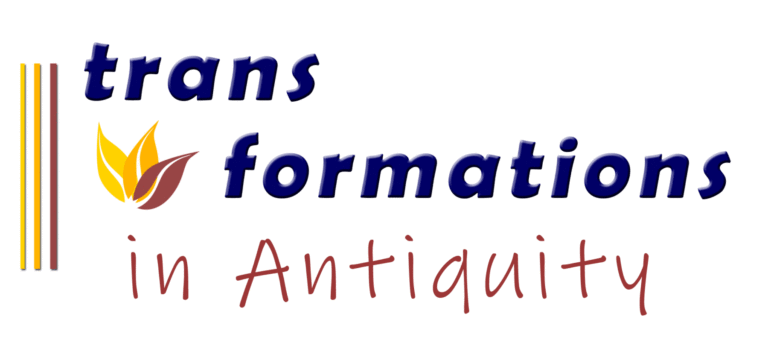
Dear Colleagues,
This year we celebrate 100 years of archaeology at the University of Warsaw. We would like to organize an international jubilee conference and to invite a wide range of specialists to participate in sessions or workshops with narrower thematic areas. The conference will take place on December 8-13, 2019 at the Institute of Archaeology, University of Warsaw.
The panel titled Transformations in Antiquity will include papers discussing one of the following aspects of transformation process, which resulted in changes in the nature of Classical Antiquity:
- transformation of military and civilian space, particularly transformations of military bases into late Roman towns
- social transformations, ethnic changes, Romanization, acculturation expressed in archaeological finds
- transformations of Roman provincial landscape after the Roman conquest and in the Migration Period
- transformations on both sides of the frontier: mutual influence between the Roman frontier zone and Barbaricum resulting in their changes
- cultural and language transformations: Latin, Greek and local languages within the Roman empire
- economic transformations of Late Antiquity
- religious transformations and its influence on the town’s space.
The panel will be held on 11th December 2019 (Wednesday) at the Institute of Archaeology, University of Warsaw, room 2.09.
The session will be dedicated to the memory of Professor Tadeusz Sarnowski.
The programme of the conference panel
9.15-9.30 Agnieszka Tomas – Introduction to the panel
Chairman: Florian Matei-Popescu
9.30-9.50 Gerda Sommer von Bülow – Changes of Architectural Patterns as an Indication for a Demographic Transformation. The Case of the Limes Fortress Iatrus (Moesia Secunda)
9.50-10.10 Sven Conrad, Lyudmil Vagalinski, Nadezhda Kecheva, Lyuba Traikova – The strategic position at the southernmost section of the Danube
10.10-10.30 – Martin Lemke – The transformation of army supply in Lower Moesia in Late Antiquity
10.30-10.50 – Agnieszka Tomas – The transformation of Novae: eastern necropolis and the late Roman annex
10.50-11.30 – Discussion and a coffee break
Chairman: Sven Conrad
11.30-11.50 – Mihail Zahariade – From castra to civitates at the Lower Danube Frontier: four cases: Halmyris, Noviodunum, Troesmis and Capidava
11.50-12.10 – Florian Matei-Popescu – Transformation of the provincial army: From Lower Moesia to Moesia II and Scythia
12.10-12.30 – Adriana Panaite – The landscape in Moesia Inferior. Some observations about the Roman town Tropaeum Traiani
12.30-12.50 – Christian Gugl – Changing settlement patterns in the Troesmis area (Dobrudja, Romania)
12.50-13.10 – Discussion
13.10-14.30 – Lunch break
Chairman: Christian Gugl
14.30-14.50 – Calin Timoc – The evolution of Tibiscum fort and the transformation of the neighbouring civilian settlements during the 2nd century AD
14.50-15.10 – Mateusz Żmudziński – Transformation of Dacia from Roman to post-Roman
15.10-15.30 – Emil Jęczmienowski – A Military Base or A Civil Settlement? Changes in the Auxiliary Forts in the Area of the Iron Gate from 1st to 6th century AD
15.30-15.50 – Tomasz Dziurdzik, Mirko Rasić – In the Shadow of a Military Base, on the Outskirts of a Colony: Understanding Cultural Transformations
15.50-16.10 – Discussion
16.10-16.30 – Coffee break
Chairman: Emil Jęczmienowski
16.30-16.50 – Urszula Laska – Economic and territorial transformation in the Roman Empire during the reign of Emperor Hadrian
16.50-17.10 – Paulina Komar – From market to bazaar – Roman economy between the early and late antiquity in the light of transport containers
17.10-17.30 – Discussion and closing the panel
19.00 – Banquet at the Column Hall (University of Warsaw, Department of History)
20.00 – Dinner for the panel participants
Costs and payments: The participation in the conference is free. Please note that the organisers do not cover travel and accommodation expenses.
Conference materials, accommodation and meals: The organizers offer help in booking convenient accommodation in Warsaw during the Conference. The organizers will provide conference materials and refreshments during the Conference. We also plan a free conference dinner party for the participants.
Post-conference publication: The participants are invited to submit full and original research papers that have not been published or submitted for consideration elsewhere. The conference papers will be published in the reviewed book series Światowit Supplement Series published by the University of Warsaw.
CONTACT INFORMATION:
Ass. Prof. Agnieszka Tomas, Department of Archaeology of the Roman Provinces, Institute of Archaeology, University of Warsaw, ul. Krakowskie Przedmieście 26/28, 00-927 Warsaw, PL. e-mail: agnieszka.tomas@uw.edu.pl
This panel is organized with support of the National Science Centre, within the project entitled Extramural settlement near the Roman legionary fortress at Novae (Lower Moesia) and its fate in Late Antiquity, no. 2015/19/B/HS3/01790.
![]()
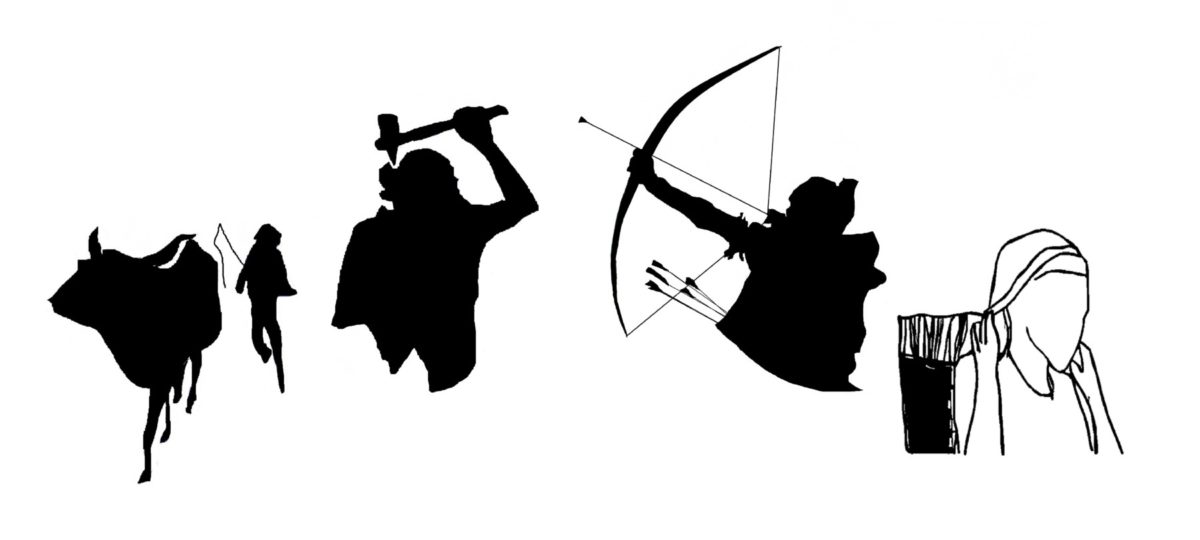
Hunter-gatherers, farmers and breeders
– social and cultural interactions in Central and Eastern Europe
Dear Colleagues,
We are pleased to invite you to participate in the session: Hunter-gatherers, farmers, breeders – social and cultural interactions in Central and Eastern Europe, combined with scientific workshops, which will take place on 9-11 December 2019 as a part of the International Archaeological Jubilee Conference “Przeszłość ma przyszłość!/ The Past Has a Future” celebrating the 100th anniversary of archaeology at the University of Warsaw.
The issue of the relationship between hunters-gatherers and farmers and breeders, who functioned side by side in Europe, has long been of interest to archaeologists. The evidence of the contacts taking place are, among others, ceramic vessels and stone, flint, amber and bone artefacts found in various contexts in the European lowlands. However, apart from the raw material, technological and stylistic premises, there is much more evidence of mutual relations.
Due to the simultaneous existence of many different cultural units from the early Neolithic (Linear Pottery Culture) to the early Bronze Age (Trzciniec Cultural Circle), based on different modes of subsistence, the territory of Central and Eastern Europe seems to be particularly relevant.
The aim of the conference session is therefore to identify and investigate the socio-cultural interactions between the economically diverse groups that existed in Central and Eastern Europe in the Neolithic and Early Bronze Age, to define the origins and consequences of these interactions and to review their analogy with such a vast territory.
We invite archaeologists, as well as researchers of other fields and disciplines, who want:
– to emphasize the results of classical material research in socio-cultural considerations,
– to extend far beyond the boundaries of typological and chronological research,
– to present the results of archaeological research and other analyses of interdisciplinary scope, extremely important for the dynamics of socio-cultural transformations,
– to discuss the matter of interactions from a methodological perspective.
The aim of the session will be to present the results of current research, to have a discussion and to attempt to answer the following questions:
– Did the interaction between hunter-gatherers, farmers and breeders take place in the Neolithic and early Bronze Age in Central and Eastern Europe and what indications are there of this?
– What were the causes of the interactions?
– How did these interactions proceed?
– What were the consequences of these interactions?
– Did the interactions proceed in the same way everywhere?
We are counting on a lively discussion.
Organizers of the thematic session,
Dariusz Manasterski
Katarzyna Januszek
Aleksandra Klecha
Important information
Language of the session
Polish, English, Russian.
Format of the session
Standard paper session (15-minute paper)
Abstract
Should contain up to 300 words in the language of the presented paper
Publication of the papers
It is planned to publish the papers as articles in the publishing series of the Institute of Archaeology of the University of Warsaw – ŚWIATOWIT Supplement Series P
Deadline for registration and submission of abstracts
30 September 2019
The programme
9th of December – Scientific Session: Hunter-gatherers, farmers, breeders – social and cultural interactions in Central and Eastern Europe.
10th of December – Workshop on Archaeometry and Material Studies. Selected aspects of methods and specialist research on archaeological records and autopsy of selected artefacts.
We invite all to actively participate in the workshop.
11th of December – for those willing to take an unusual trip around Warsaw “Off the Beaten Path trip”, additional fee (139 PLN)
Registration fees
No conference fees are planned by the organizers.
Additional information
